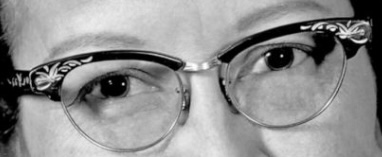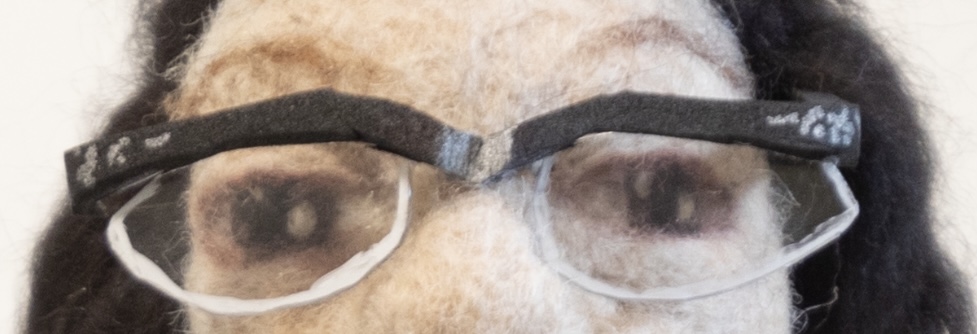
Katherine Coleman Johnson
1918-2020
Birthplace: White Sulphur Springs, West Virginia
Widowed mother of 3 in 1959 remarrying 3 years later
Mathematician whose calculations of orbital mechanics and trajectories for NASA were critical to the success of the first US space flight, Apollo 11.
Author
Katherine Johnson’s intelligence and skill with numbers was recognized when she was a child. She was attending high school at age 10, graduating from West Virginia State College with highest honors. She was one of three African American students to enroll in a graduate program at West Virginia University, ending segregation at that higher level at the institution.
Johnson joined the West Computers unit, a segregated group of women who manually computed data at the National Advisory Committee for Aeronautics. NACA would soon be incorporated into the newly formed National Aeronautics and Space Administration (NASA) in 1958. That same year she became the first Black female engineer at NASA. Her work there analyzing flight paths and orbit trajectories helped send American astronauts to the Moon. She became the first woman in her division to be credited as a research author on orbit trajectories.
In her thirty year career with NASA, Johnson co-authored or authored 26 reports and literally wrote the book on rocket science. One of the first textbooks on space was co-written by Johnson.
Katherine Johnson received numerous awards and honors for her work including the Presidential Medal of Freedom in 2015 for her impact on America’s progression as a country.
In 2016 NASA named a building The Katherine G. Johnson Computational Research Facility after her. The same year Margot Lee Shutterly published Hidden Figures: The American Dream and the Untold Story of the Black Women Mathematicians Who Helped Win the Space Race and a movie titled Hidden Figures was released.
Johnson’s autobiography “My Remarkable Journey” was published posthumously.
Her alma mater annually awards African American students the Katherine Johnson Math Scholarship.
I wanted to include Katherine Johnson in my collection to help keep her from becoming a hidden figure in history...again! NASA claims the stories of the incredible women who worked there were not “hidden” rather just unseen. I‘m not sure if there is a difference.
Creating the glasses for Katherine Johnston was a little challenging. I ended up finding black foam board and using a silver sharpie to draw the design on the frame that I saw in several photos of her. The “glass’ was made using clear heavy plastic. Had to try a few different types so you could still see her eyes through the “lens”. Her hair is made of alpaca wool. Her clothing is made with pre form felt, constructed into a dress. I added a string of pearls.
“Like what you do, and then you will do your best.” – Katherine Johnson
#Blackhistorymonth #Blackhistorymonth2023 #katherinejohnson #hiddenfigures #womenshistory #nasahistory #rocketscientist #thewomen #needlefelt #needlefeltingartist
Sources:
NASA.gov
Biography
Space.com
National Geographic
New York Times
Space.com
Encyclopedia Britannica




Comments